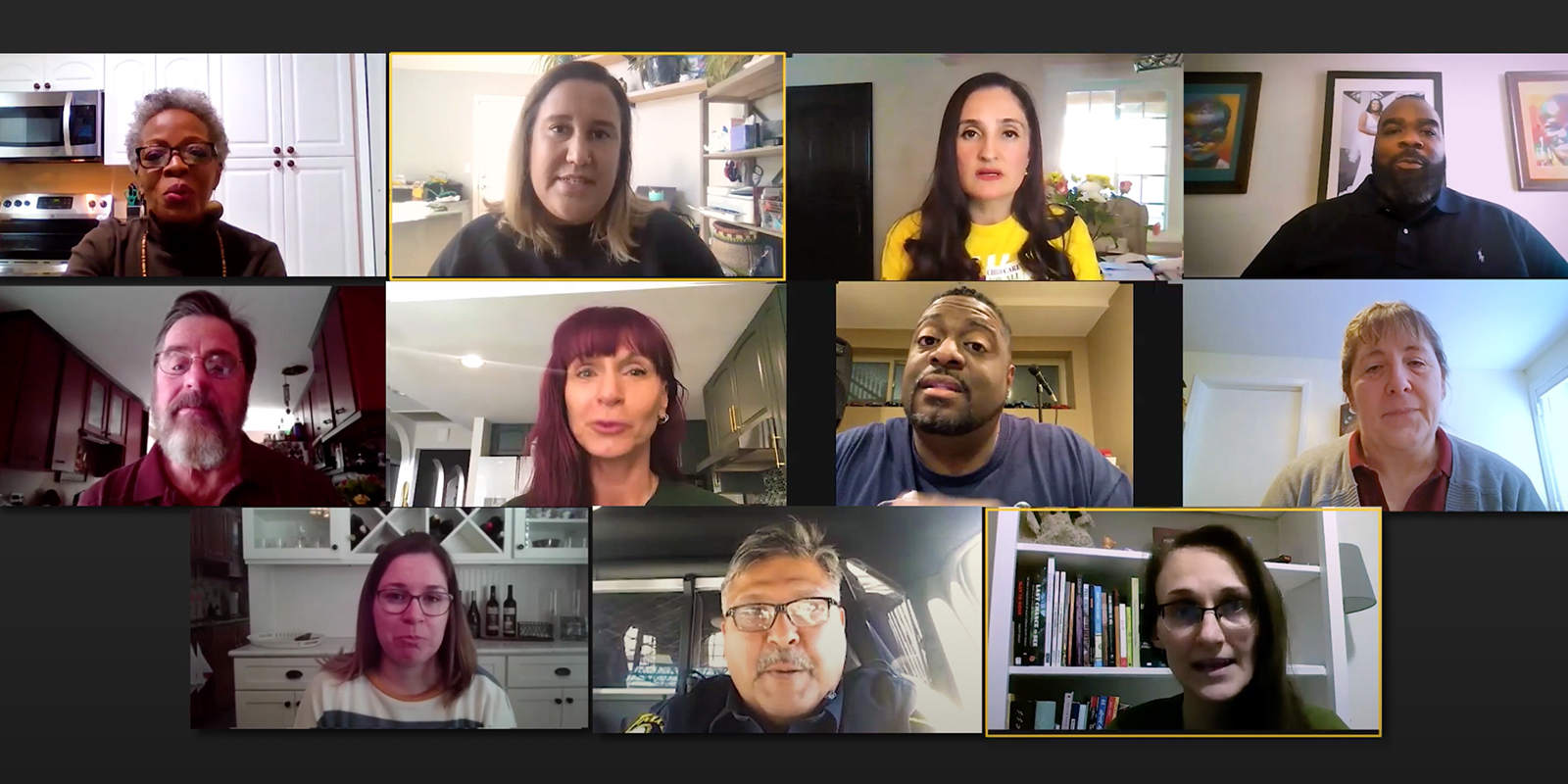The benefits of belonging to a union are well-known. Better wages. Better health care. The promise of a secure and dignified retirement. A voice on the job, and much more.
But did you also know that belonging to a union may reduce the risk of poverty?
According to a new study, not only does belonging to a union (or being in a family with a union member) mean you’re less likely to fall into poverty, but even living in a state with high union density decreases your likelihood of experiencing poverty.
Scholars Tom VanHeuvelen of the University of Minnesota and David Brady of the University of California-Riverside studied the connection between poverty and unionization in America across 40 years.
“We found that households in which there was at least one union member had an average poverty rate of 5.9%, compared with 18.9% for nonunion households,” the authors wrote.
That link – between belonging to a union and unions’ ability to lift people out of poverty – hasn’t been adequately explored in the past, the authors argue.
“And yet research across social science disciplines show time and again that labor unions have been central to bolstering the American middle class by raising wages and expanding access to fringe benefits,” they write.
Other evidence to support this theory: Nations with high unionization levels have lower poverty. They cite France and Norway as nations that have higher unionization rates and single-digit poverty.
“Our study also helps explain why the United States has a relatively high rate of poverty – 18% as of 2017 – compared with other rich democracies,” the authors write.
While the connection between the power of unions and lower poverty warrants further study, what’s abundantly clear is that if you’re not currently a union member, you should become one.
Hear from current AFSCME members about the profound change that belonging to a union has made in their lives.
